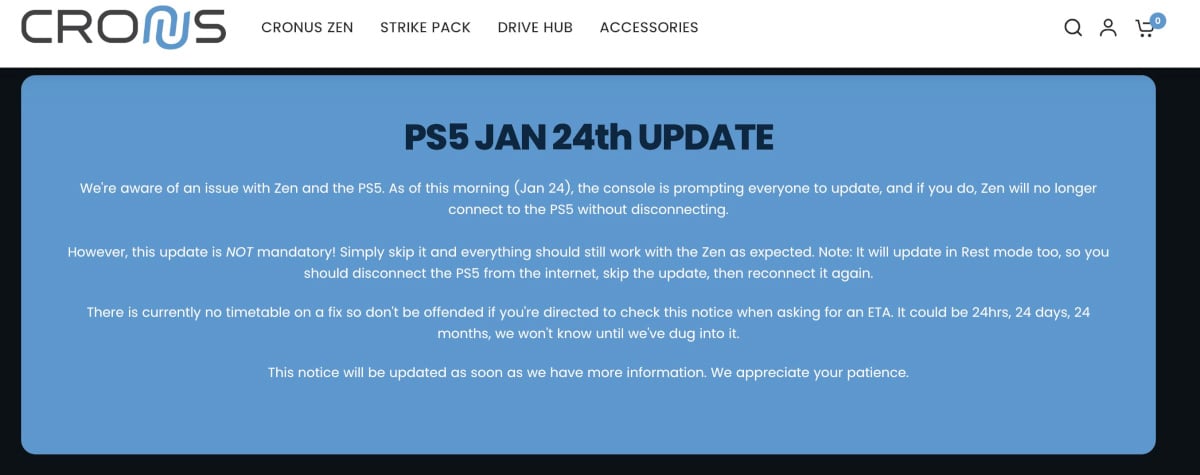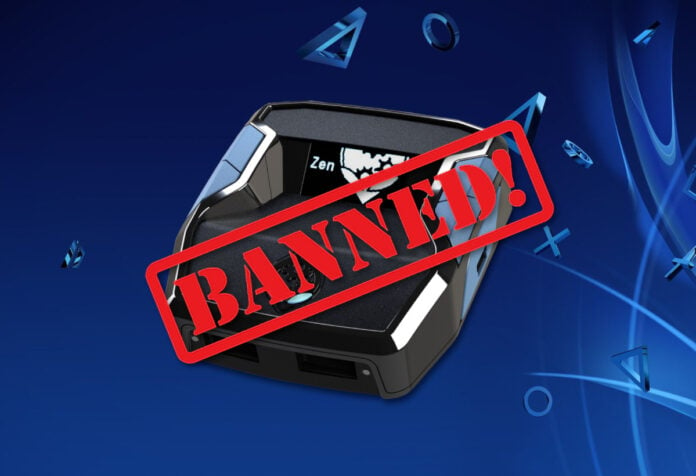Sony’s latest PlayStation 5 update has stopped cheating players from using the Cronus Zen. Now, that’s what I call fair play! The device is a controversial product that allows cheaters to modify their PlayStation controller, giving them an unfair advantage in online multiplayer games.
The Cronus Zen is referred to by its makers as a “controller emulator”, but it does much more than that. The device can digitally employ a variety of macros that include aim assist, reduced recoil, and faster movement speeds. It also facilitates the stealthy use of a mouse and keyboard.
This means pesky cheaters use the Cronus Zen to trick their console into thinking they’re using a controller. Besides creating an unfair advantage, it dramatically reduces the overall match quality in competitive games. Call of Duty, Battlefield, and Overwatch are among the hardest hit by these types of cheaters.
Why cheat?
Now, I’m an advocate for using your console hardware how you see fit. You paid for it, after all. Heck, back in the day, I enjoyed using my Game Genie or GameShark in a variety of single-player games. For one, it allowed you to play regionally locked titles and added extra value to games long after you completed them. But that’s just the thing; those were single-player titles where you could muck about without ruining other players’ experiences. Cronus Zen and any other XIM products ruin the fun of it all.

For now, the Cronus manufacturer has issued a notice on its website and blames Sony for nuking compatibility. Even though Sony did not reference Cronus Zen, the firmware likely targeted the product specifically. Nevertheless, it’s considered a welcome move, especially for players who enjoy a fair match.
Meanwhile, over on Xbox, Cronus and other XIM products still seem to work and remain heavily deployed on the console. That’s after Microsoft issued a system-wide ban on these products around October last year. Well, the ball’s in your court, Microsoft.

